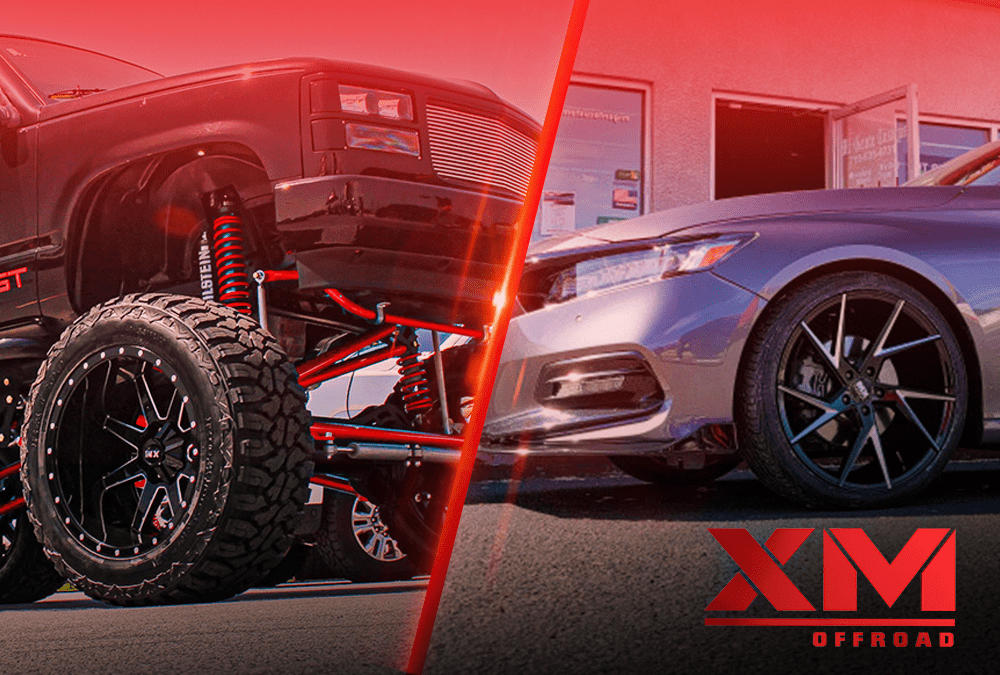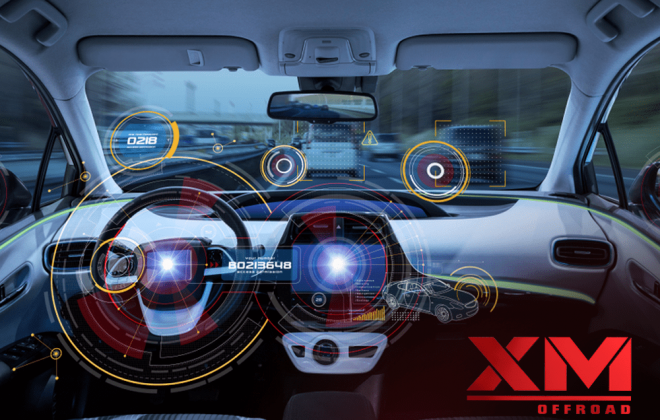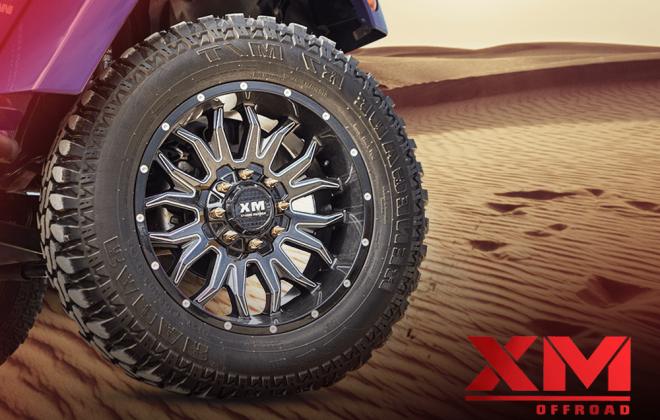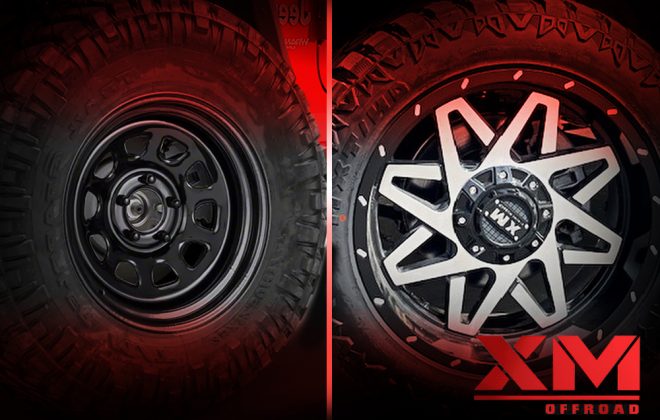
Car Wheels vs. Truck Wheels
Introduction
Many people think about why one cannot use a truck or car tire interchangeably. Both car and truck wheels are just tires; what could happen or what harm could it be?
Technically, there is a lot of harm in it. The regular person would make a mistake at your first glimpse, but overall a truck tire is very different from a passenger car tire. Once you understand what you are looking for, that would be easier for the person to differentiate.
What should be the matter of consideration while buying wheels?
- How wide can the wheels be?
- How big of a alloy wheel size can you get?
- Should it be steel or aluminum?
- How heavy should the rims be?
But when it comes to the difference between car and truck wheels, it isn’t only the size or lifts that matter. You should contemplate the below-mentioned features while purchasing.
Features of Truck and Car Wheels
- Price of wheel installation and replacement
- Weight differences among a truck and car wheels
- Fitment of the wheel according to the required load
- Handling difference between a truck and a car
- Load capability varies in truck and car
- Ground clearance differs performances
Knowing the core purpose of designing the vehicle helps us distinguish the difference between the types of wheels used in trucks and cars. Furthermore, car wheels are structured to increase the speed, whereas truck wheels succor in rough terrain.
The experts at Xtreme Mudder Wheels explored some of the notable differences between car wheels and truck wheels. Let’s plunge into details:
Learn to Differentiate Car and Truck Wheels
- The first passenger car tires are coded with P, which stands for Passenger or LT for a light vehicle, following the other numbers on the tire, where the truck tries having a code saying ST.
- Secondly, truck tires have narrowed tread width plus thicker sidewalls. If you compare it side by side, passenger car tire, they are easily differentiated.
Alloy Wheels Guide 101
1) Size of the Wheels
The most apparent difference between a truck and car wheels is the size. It defines very clearly that trucks the requisite larger size of wheels. Since trucks are probable for heavy-duty tasks, off-roads trips as well as transport heavy load.
On the contrary, cars’ wheels are designed to give the cars a faster run. Larger wheels in the vehicle can affect its driving experience. It reduces its ride quality. Whereas smaller wheels vitally improve car performance as well as fuel consumption.
2) Weight of Wheels
A prevalent difference between a truck wheel and a car wheel is its weight. Upsprung weight does have a remarkable effect on acceleration.
Most of the new wheel designs generated with aluminum weigh lesser than the wheels made with steel. Still, the truck wheels are designed for heavy-duty performances. Therefore, they are heavier, and cars’ wheels are much lighter in comparison.
3) Load Capability
Trucks have been shaped to load heavy things for multiple purposes like transportation. Truck wheels enhance towing capabilities. They tend to carry vehicle weight and additional cargo.
Cars are designed to carry people but not heavy loads. The tires of cars act accordingly. Cars wheels tend to run slower if the vehicle is overburdened with excess weight.
4) Ground Clearance
The larger wheels of trucks make them capable of driving gravel. Moreover, it helps in better dirt handling and better performance on pavement. It saves the vehicle on common obstacles and driving over gravel. Nevertheless, trucks are at more risk of rolling during turns during traveling on arduous terrain.
However, less ground clearance is more likely to damage the underbelly against a road bump in cars. With more ground clearance, it is less likely to hit the ground. In sports cars, we witness it is imperative to have less ground clearance.
5) Fuel Efficiency
Larger wheels in trucks tend to have higher rolling resistance, requiring more energy to get them rolling. Therefore, it can lead to descending fuel economy. Cars’ fuel-efficient wheels have lesser rolling resistance. It consumes less energy which increases fuel efficiency.
A Comprehensive Guide for Wheel Offset
6) Alloy Rims
Larger the wheels, the larger the rims. It is evident and self-explained that truck wheels have more giant rims, which hinder the performance by reducing speed. Conversely, cars tend to have better speed on roads with the smaller size of rims. More significant measures can give a more thrash and skittish driving performance.
7) Pricing Differences
Lastly, there is a vast difference in pricing for truck and car wheels. Installation and replacement of truck wheels are expensive. Car wheels, on the other hand, are cheaper to purchase and replace.
Conclusion
Truck wheels and passenger car wheels usually feel the same for an amateur person on casual observation, but they are very different to their core. Considering using them interchangeably could result in a huge disaster or a life-risking lesson, even if intended to be used for a short period.
Passenger car wheels are usually designed in a way that their total focus is on maintaining traction and grip. Because of the speed, they are drove on where truck wheels are designed to focus on heavy load carrying, off-road hurdles, ground clearance & load distribution for 4×4 situations.
Drivers are highly recommended in the matter of doubt to follow the user manual supplied with the designated vehicle or consult the nearest wheel shop expert for further clarifications & installation for the correct size and type of wheels for their cars.
Now we hope you have come to know the legit difference between cars wheels and truck wheels. If you have any questions feel free to ask in the comments.




